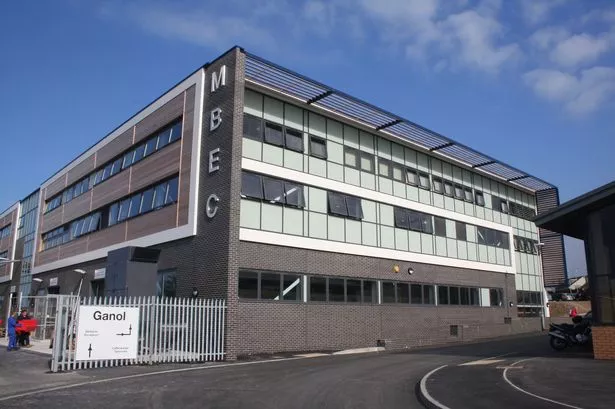The government has announced a new plan to help improve schools: Regional Improvement for Standards and Excellence (RISE) teams.
Rather than directly intervening in schools, RISE teams – made up of civil servants and experienced advisors – will act as matchmakers, connecting schools that require help with local successful schools and other sources of support. The plan splits England into nine regions, with a team with its own priorities for each.
The teams will operate with a new framework of support and intervention, using a red, amber and green rating system based on the results of Ofsted inspections to determine which schools need help. However, this won’t exist until September 2025.
The new RISE teams will form part of England’s longstanding model of a self-improving system. Schools primarily take responsibility for their own development and that of others.
They could help to create a more coordinated approach to making schools better. But they may also complicate an already complex system devoted to school improvement.
Existing support
A number of mechanisms to raise school standards already exist. Chief among them are multi-academy trusts (MATs). These are groups of academies – state schools that receive funding direct from the government rather than their local authority – that work together under a single leadership that is intended to drive improvement through shared expertise.
Alongside MATs are standalone academies which can choose to buy in school-improvement services. And there are still local authority schools, traditionally supported by council improvement teams.
Since 2010, government policy has positioned multi-academy trusts as the primary driver of school improvement. The Conservative government’s 2022 Schools White Paper set out an ambition for all schools to be part of strong trusts by 2030.
Multi-academy trusts have become central to England’s self-improving school system, creating “families” of schools that collaborate and support each other’s development. However, evidence on their effectiveness remains mixed, with variation in outcomes between trusts.
Meanwhile, the ability of local authorities to help schools improve has been severely diminished by budget constraints and the transfer of schools out of their control and into academy trusts.
Kent County Council, England’s largest local authority, recently announced it can no longer afford to provide school improvement services, requiring schools to pay for themselves. This pattern is repeated across the country, with many councils having reduced or eliminated their in-house improvement teams as funding has been cut and schools have converted to academies.
The introduction of RISE teams marks a significant shift from the Conservative government’s MAT-focused approach to school improvement. RISE teams will need to broker improvement support by identifying and matching effective partners with struggling schools. Historically, local authorities possessed both the expertise and local knowledge to facilitate such partnerships. Without this infrastructure, RISE teams may struggle to identify suitable support providers.
Nevertheless, the creation of RISE teams could be especially helpful for headteachers looking for targeted support — particularly for local authority schools, or standalone academies operating without a trust’s backing.
Possible tensions
Currently, struggling schools are encouraged or required to join MATs for support. Introducing RISE teams will potentially create tension between the established MAT-led improvement model and this new layer of regional support. A centralised mechanism of support and intervention seem to be a continued pattern: a significant level of centralisation might contradict the academisation policy intention.
This also raises important questions about school autonomy. RISE teams are presented as facilitators rather than enforcers. But school leaders may view their involvement as another form of monitoring rather than genuine support – particularly if improvements aren’t deemed swift enough.
The plan also seems to assume an adequate supply of experienced system leaders who can be seconded, but with the sector already struggling to recruit and retain staff, finding sufficient expertise could prove challenging. The thorny question of money is also critical. The government has promised funding for targeted support, but details remain fuzzy.
The RISE teams’ gradual rollout provides time to address these issues. The focus on commissioning rather than providing support directly should allow them to tap into existing expertise across the system. The regional structure allows for locally sensitive solutions. However, their success will depend on clear processes for identifying and quality assuring support providers. They will also need sustainable funding, and effective integration with existing improvement networks – particularly MATs.
With careful implementation, RISE teams could help create a more coordinated approach to school improvement, but only if they enhance rather than complicate the already complex system. Avoiding the creation of another layer of bureaucracy while ensuring sustained funding and expert support will be crucial to their success.


